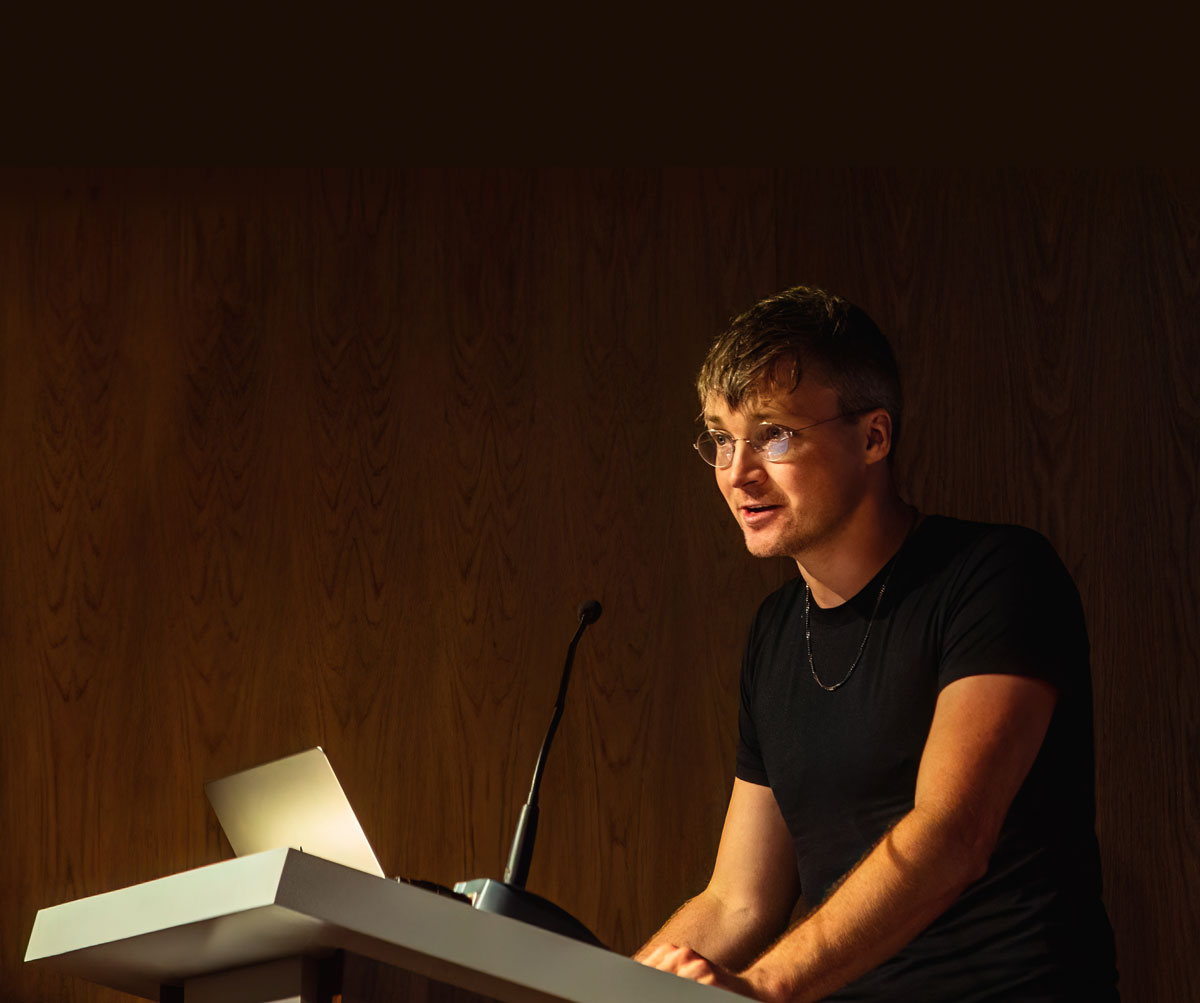
talk
20/09/2024
Malta Society of Arts
The Art of Living Through System Failure Symposium
Gendered, racialized, bordered and exploited, marginalised, underserved, discriminated and vulnerable communities are often forced to develop tools and strategies that are considered unacceptable to the institutions of the system; thus developing practices and phenomena of coping, tinkering, making-do and circumventing exclusions. Sometimes these tools and strategies are forged out of necessity, of survival, sometimes to exercise rights or to secure access to basic services available only to ‘deserving’ citizens. Such tools and strategies are always aimed at a certain system (state, welfare institutions, corporations, workplace, credit, housing, utilities etc.) that has its own rules and conditions of access that these communities or individuals cannot meet, producing and reproducing systemic exclusion.
Finding ‘holes in the system’ and developing strategies to take advantage of system weaknesses, people use their ingenuity to avoid detrimental effects on their lives and lives of their communities.
Moreover, such practices have now expanded into the digital sphere, where they are facing new kinds of power structures and also getting recombined in interesting ways. As dataveillance, algorithmic governance and digital profiling seep into mechanisms of exclusion and dispossession, from border controls to public transport, education, health and housing, new workarounds, tinkering and hacking emerges. As they do with the growing impacts of climate change, forcing underserved communities across the globe to be resourceful and devise their own forms of adaptation.